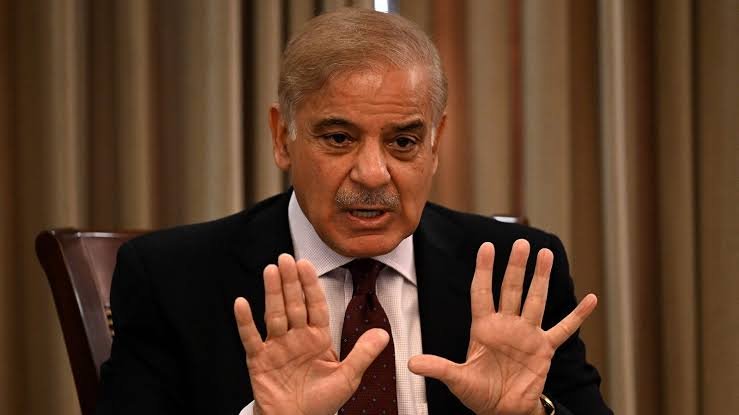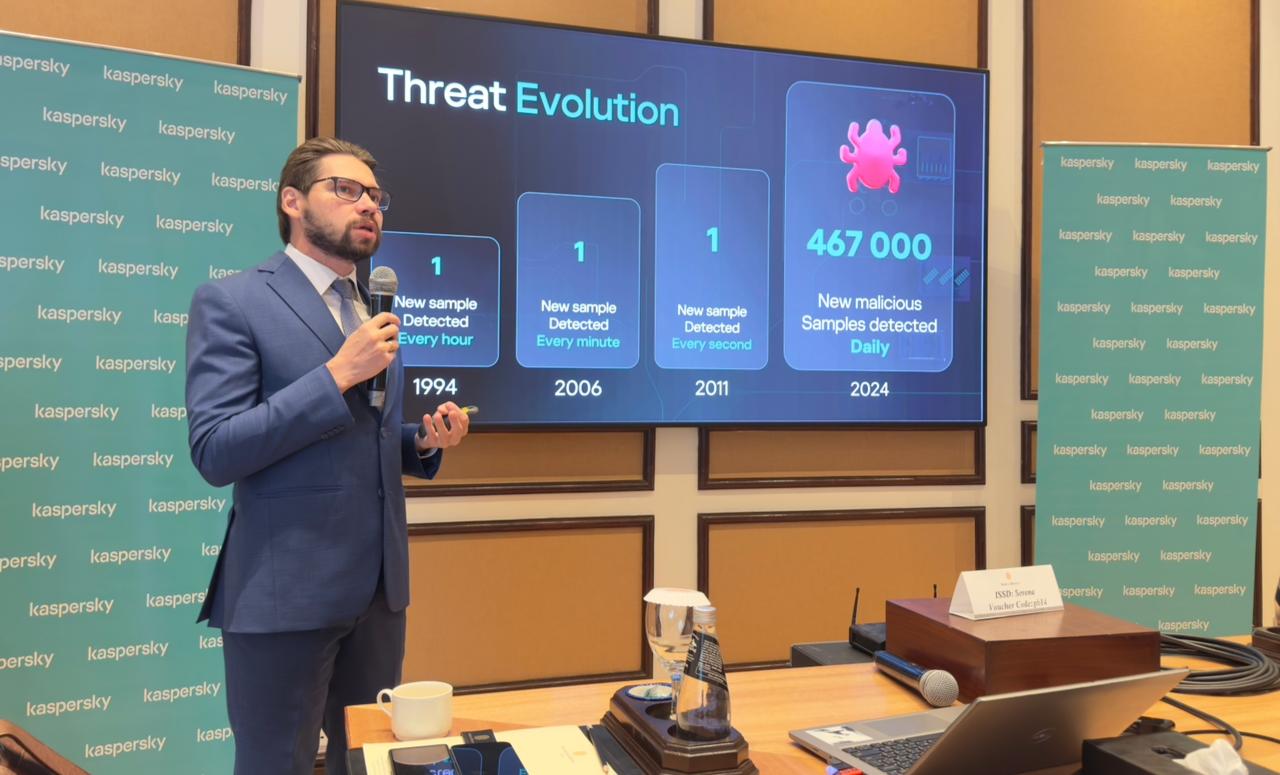Prime Minister Shehbaz Sharif has directed the withdrawal of a controversial clause in 27th amendment submitted by members of his own party, the Pakistan Muslim League-Nawaz (PML-N), which sought to grant immunity to the office of the prime minister. The directive came on Sunday, shortly after the federal government formally introduced the 27th Amendment in the Senate.
The amendment package, presented a day earlier, outlined sweeping reforms to Pakistan’s judicial framework and military command structure. It was tabled in the upper house following cabinet approval, which the prime minister had chaired virtually while in Azerbaijan. The draft was subsequently referred to the Senate Standing Committee on Law and Justice for further deliberation.
PM Clarifies Position on Accountability
In a statement released on X, formerly Twitter, Shehbaz Sharif acknowledged learning of the immunity proposal upon his return from Azerbaijan. He stressed that while the senators may have acted in good faith, the suggestion was not part of the cabinet-approved draft.
“I have instructed that it be withdrawn immediately,” he said, adding that accountability is a fundamental principle of democratic governance. “An elected Prime Minister must remain fully answerable, both before the courts and to the people,” the two-time premier emphasized.
Key Features of the 27th Constitutional Amendment
Beyond the immunity controversy, the 27th Amendment introduces significant institutional changes. Among its most notable provisions is the establishment of a Federal Constitutional Court (FCC), designed to assume certain constitutional powers currently exercised by the Supreme Court.
- Judicial Appointments and Transfers: The draft grants the president and prime minister a central role in appointing judges, while parliament would determine the number of judges serving in the FCC.
- Reduction of Supreme Court Powers: Specific constitutional authorities would be transferred from the Supreme Court to the newly created FCC, reshaping the balance of judicial authority.
- Military Command Restructuring: A new position, Chief of Defence Forces, will be introduced as the head of the armed forces. This role is set to take effect on November 27, 2025, with the current army chief transitioning into the newly established post.
Political and Legal Implications
The withdrawal of the immunity amendment underscores the prime minister’s stance on transparency and accountability, signaling that no elected leader should be above the law. Analysts note that the broader 27th Amendment, however, represents one of the most ambitious constitutional reform packages in recent years, with far-reaching consequences for both the judiciary and the military.
The creation of the FCC is expected to spark debate over judicial independence, while the restructuring of military leadership could redefine the command hierarchy of Pakistan’s armed forces. Together, these reforms highlight the government’s intent to recalibrate institutional powers, even as it navigates political sensitivities within its own ranks.
For climate-related stories, visit: The Green Post






